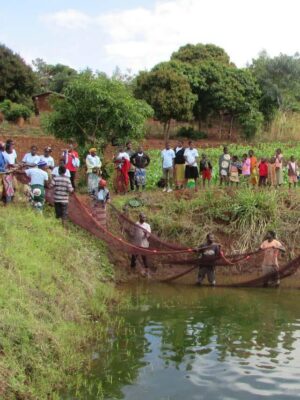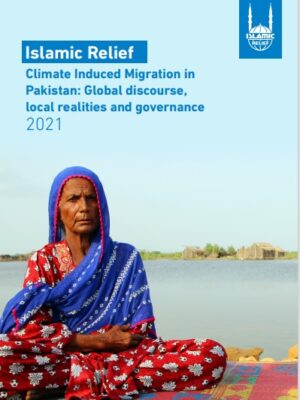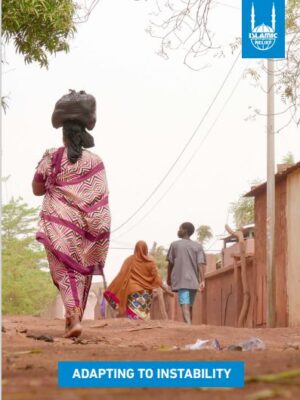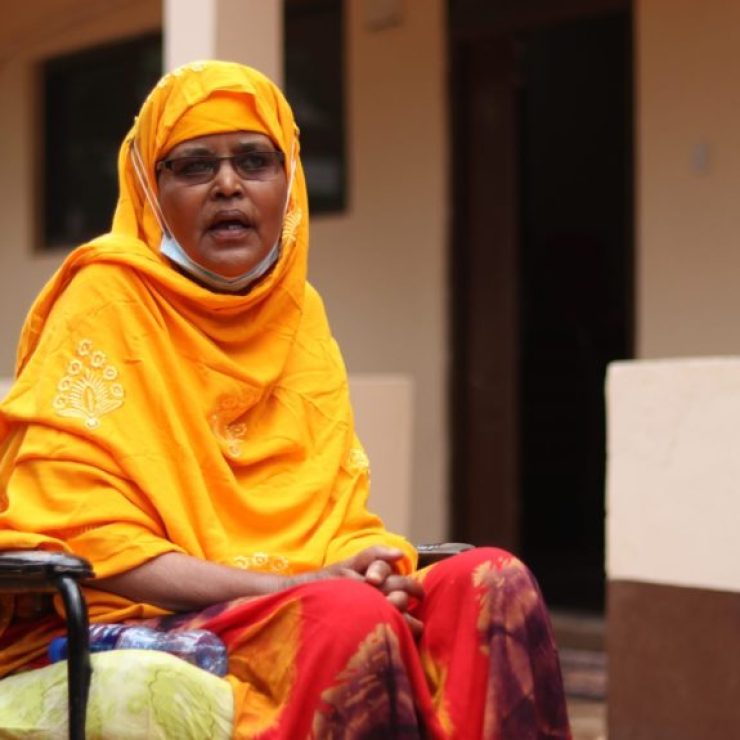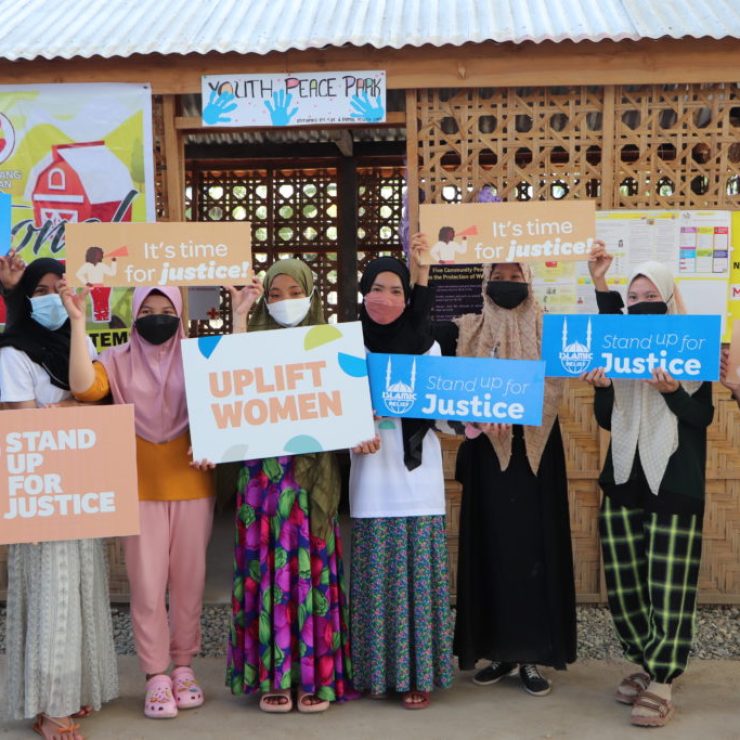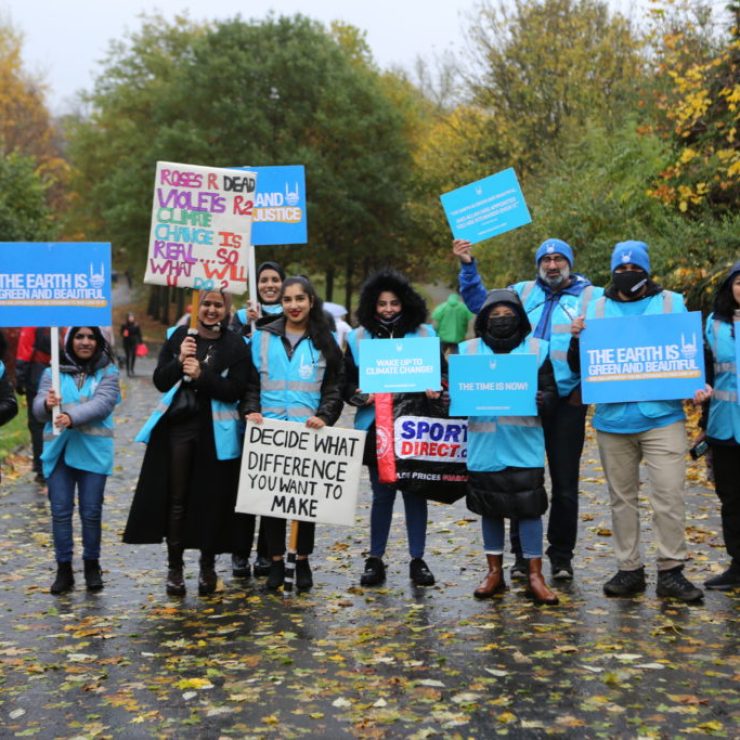Responding to the climate crisis
In 2021 Islamic Relief continued to respond to the global climate emergency with projects spanning 11 countries. Our interventions helped hundreds of communities to adapt to the effects of climate change and become more resilient in the face of extreme weather conditions, making sure that the needs of the most vulnerable were considered. We also campaigned for better mitigation of the causes of climate change, supporting international efforts to eliminate greenhouse gas emissions.
At the Climate Adaptation Summit in Amsterdam, we supported the launch of Principles for Locally-led Adaptation, which sets out a practical basis for the often difficult process of funding local action. Determined to make sure our programming remains responsive to the challenges, this year we also made sure all our new projects included an assessment of how climate breakdown will affect local people during our intervention in their communities.
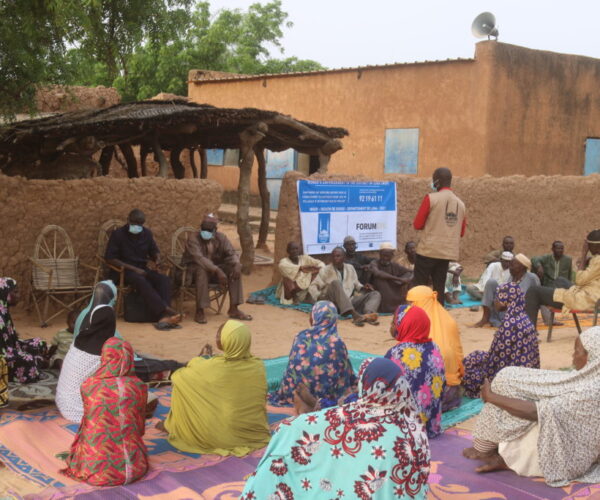
Informing action on climate change
This year we published three research and policy papers packed with valuable insights into climate change issues and responses:
Launched at this year’s pivotal climate conference, COP26, Climate Induced Migration in Pakistan examines the root causes of climate-induced migration, a growing consequence of climate change, providing recommendations for national and international governments.
Adding to the conflict-climate discourse, Adapting to Instability explores how conflict and climate change influence disputes between farmers and pastoralists in Mali – calling for conflict-sensitive, locally-led adaptation.
Islamic Relief climate adaptation: Locally-led, people centred shows how we can support people towards a locally-led, people-centred response to the threat of climate change.
